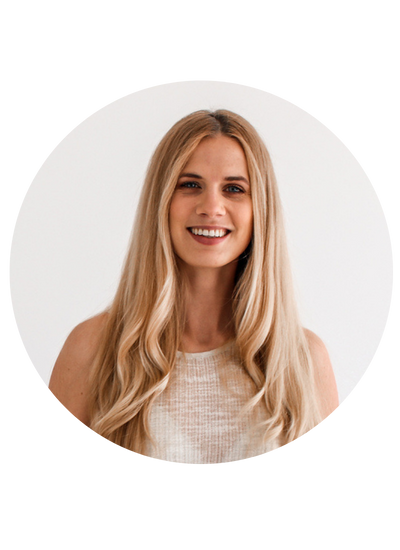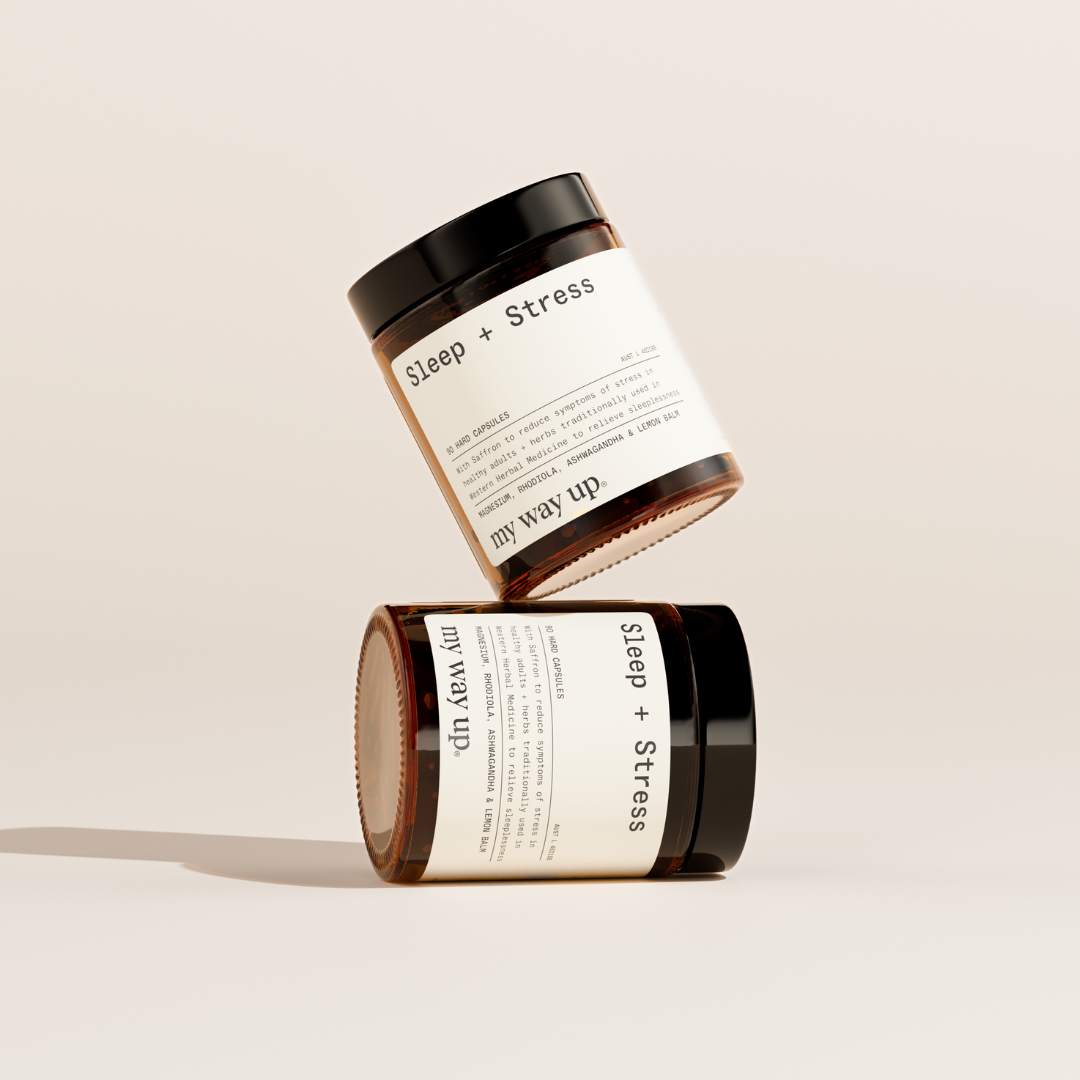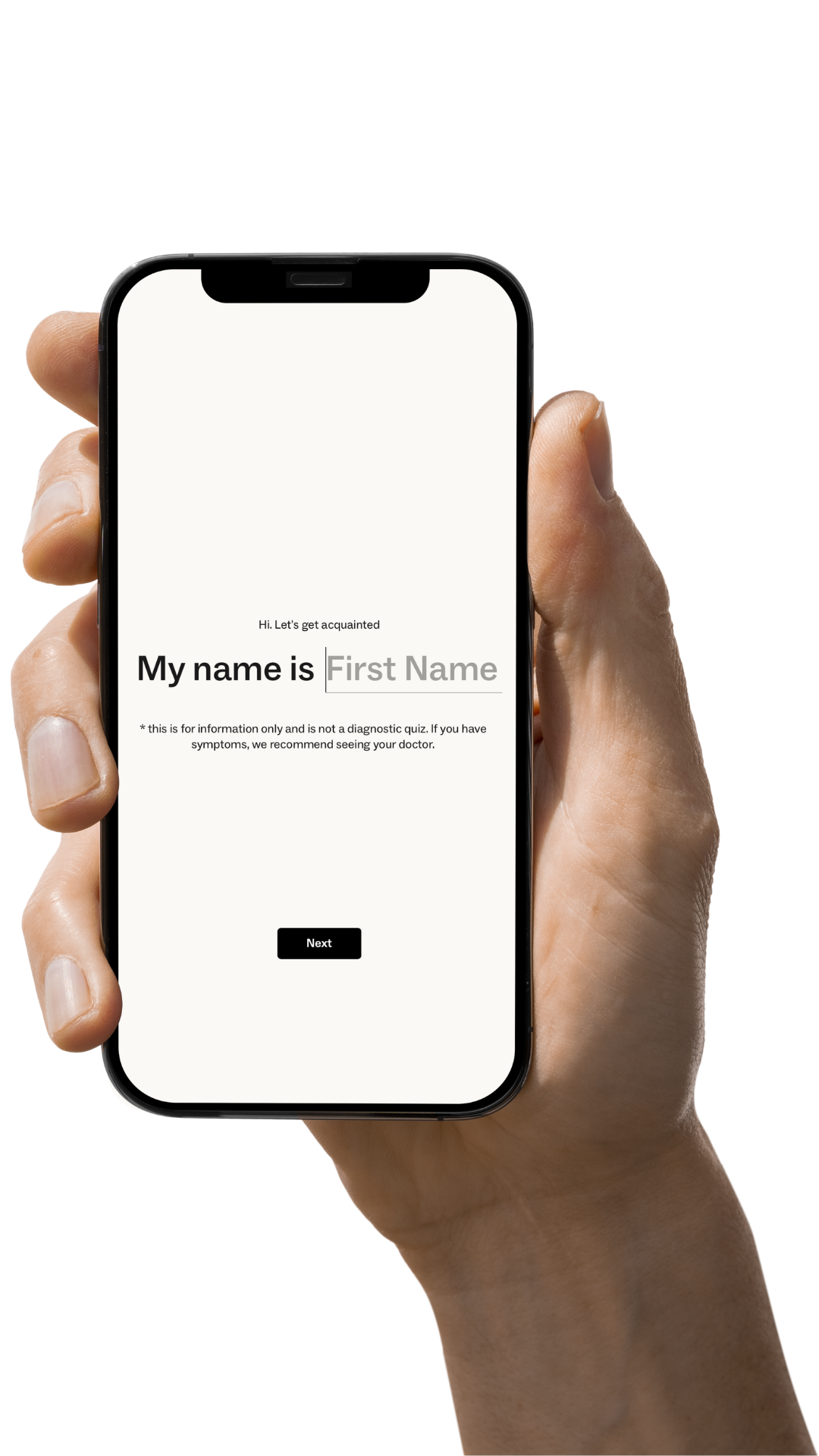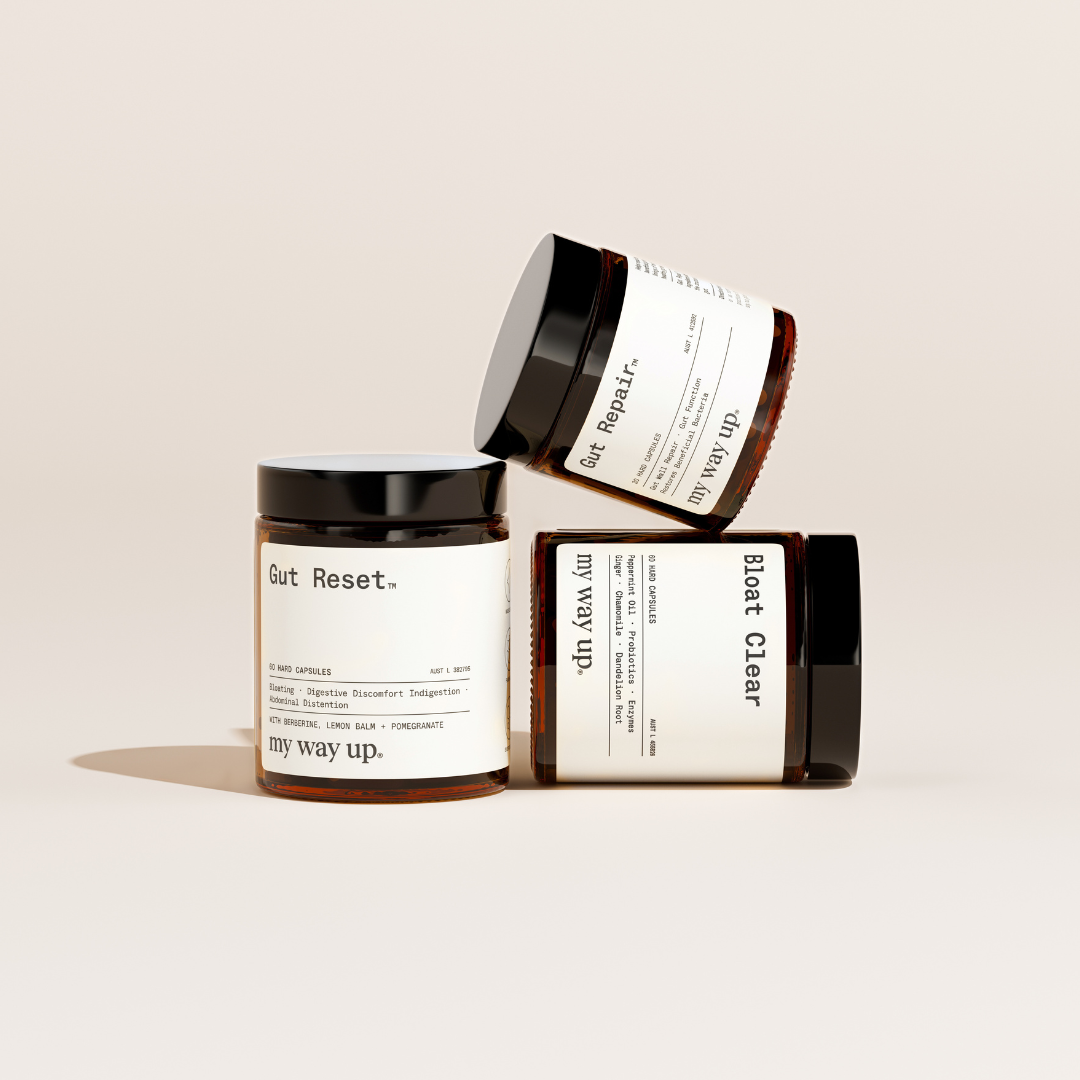Struggling to Sleep Without Medication? 6 Ways to Drift Off Naturally

It’s 2AM. Again.
You’re exhausted, frustrated, and staring at the ceiling—wide awake. You’ve tried melatonin, sleeping pills, and herbal teas, but nothing works long-term.
The real issue? You’re stuck in the “wired + tired” cycle:
Wake up exhausted → Drink more caffeine → Eat worse → Too tired to exercise → Late-night screen time → Can’t sleep → Repeat.
This cycle doesn’t just leave you tired—it wrecks your metabolism, gut health, and hormones. It’s why so many people gain 2–5 kg per year and feel permanently burnt out¹.
The good news? You can sleep deeply—without medication.
Here’s how to break the cycle for good.
1. Follow the 10-3-2-1-0 Sleep Rule
- This simple yet powerful rule helps reset your body’s natural sleep-wake cycle²:
- 10 hours before bed → No caffeine. It stays in your system for hours, making it harder to fall asleep.
- 3 hours before bed → No alcohol. It can disrupt deep sleep.
- 2 hours before bed → No work. Shut your laptop and let your brain unwind.
- 1 hour before bed → No screens. Blue light blocks melatonin, making it harder to fall asleep.
- 0 snooze button → Get up at the same time every day to regulate your body clock.
Implementing the 10-3-2-1-0 rule can help break the "wired + tired" cycle by promoting healthier habits that align with your body's natural rhythms.
2. Morning Rules You Should Know About
- Quality Sleep Starts Right from the Morning. Morning bright light improves nocturnal sleep quality and next morning alertness³, as well as reducing sleep latency⁴.
- Avoid Glucose Spike - Go for a low-GI breakfast, prioritising protein and healthy fats. Fruits can join the party - just skip the juices, as they’re low in fibres and can trigger an insulin spike. By keeping your glucose levels steady from the morning, you help prevent hormonal imbalances and avoid that energy rollercoaster! Research shows that a low-GI breakfast supports stable energy levels and cognitive function throughout the day ⁵, ⁶.
3. Reduce stress
Chronic stress keeps cortisol high, leaving you wired at night and exhausted during the day. To break the cycle, you need to lower cortisol naturally.
Best Natural Stress-Relieving Supplements
- Saffron → Regulates cortisol levels⁷, boosts serotonin - improving mood⁸ and sleep⁹.
- Ashwagandha → Lowers cortisol, helping you relax before bed¹⁰.
- Rhodiola → Fights stress and burnout¹¹.
- Lemon Balm → Calms a racing mind and reduces anxiety¹² .
You’ll find a therapeutic dose of these ingredients in Sleep + Stress™.
Other ways to lower cortisol:
- Light to moderate exercise → Specifically, morning exercise helps to reduce sleep latency ¹³ and manage stress¹⁴.
- Breathwork → Deep belly breathing calms the nervous system¹⁵.
- Cold exposure → A quick cold rinse can lower stress hormones, especially when combined with deep breathing¹⁶.
By managing stress, you regulate your sleep hormones, improve recovery, and finally sleep deeply.
Sleep + Stress™
A melatonin-free formula to better sleep, less stress, and calm, stim-free energy and focus throughout the day.

4. Take magnesium
Magnesium is a powerful sleep aid that calms the nervous system, reduces stress, and promotes deep sleep¹⁷ —yet many don’t get enough.
Why Magnesium Helps You Sleep
✔ Supports a healthy sleep cycle →Indirectly regulates melatonin production .
✔ Lowers cortisol → Reduces stress for easier relaxation¹⁸.
✔ Regulates GABA function (i.e. GABA transporter activity) ¹⁹ → Aids in staying relaxed and asleep by reducing brain hyperactivity.
✔ Relaxes muscles → Prevents restlessness and cramps ¹⁹.
You’ll find a clinical dose of Magnesium in Sleep + Stress™.
5. Fix middle-of-the-night-wakeups
Waking up at 2–3 AM and can't fall back asleep? Blood sugar crashes, cortisol spikes, or poor sleep habits are likely to blame.
Why It Happens
- Blood Sugar Drops → High-carb meals before bed can cause overnight crashes²⁰.
- Cortisol Spikes → Stress hormones peak early in the morning, keeping you awake²¹.
- Poor Gut Health → Inflammation disrupts sleep cycles²².
How to Fix It
- Focus on a protein-rich diet—Supergut Protein is a great way to hit your targets and keep your blood sugar steady²³.
- Take magnesium or saffron to lower cortisol.
- Keep your room dark, cool & quiet to prevent wakeups – Studies show that 20°C is the optimal temperature for this²⁴.
- Minimise alcohol – it affects sleep quality²⁵.
If You Wake Up at 2AM…
- Don’t check your phone – blue light keeps you awake.
- Try deep belly breathing – it lowers stress hormones.
- Get up if needed – read in dim red lighting if you can’t sleep.
By balancing blood sugar, lowering stress, and optimising sleep habits, you’ll finally sleep through the night.
6. Be cautious with OTC sleep aids
Many people turn to over-the-counter (OTC) sleep aids like Restavit (Doxylamine Succinate), antihistamines, or melatonin (synthetic hormone) when they struggle with sleep. While these can provide short-term relief, they often don’t address the root cause and may lead to side effects such as grogginess, dizziness, or memory issues ²⁶, ²⁷.
Should You Ever Take Sleep Aids?
Short-term use (e.g., travel, stress spikes) can be helpful, but relying on them nightly isn’t ideal. If you need ongoing sleep support, natural solutions and lifestyle changes are safer long-term.
Sleep + Stress™
A melatonin-free formula to better sleep, less stress, and calm, stim-free energy and focus throughout the day.

In conclusion
If you’re unsure where to start, Sleep + Stress™ is a great first step toward better sleep.
You may recognize some of its powerful, science-backed ingredients like saffron, ashwagandha, rhodiola, and lemon balm—all known for their ability to reduce stress and support relaxation. Plus, it includes a therapeutic dose of magnesium to help calm the nervous system and promote deep, restorative sleep.
Everyone’s health journey is unique, and only you can decide what’s best for your body. Give natural sleep support a real shot—stick with it consistently and see how it works for you.
Editorial Standards
My Way Up® has strict sourcing guidelines to ensure our content is accurate and current. We rely on peer-reviewed studies, academic research institutions, and medical associations.
This article is for informational purposes only and does not constitute medical advice. The information contained herein is not a substitute for and should never be relied upon for professional medical advice. Always talk to your doctor about the risks and benefits of any treatment. Learn more about our editorial standards here.
More Great Articles




